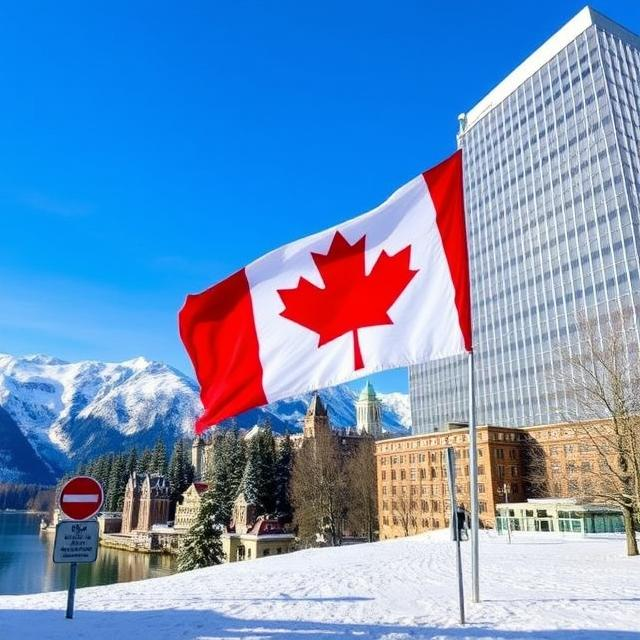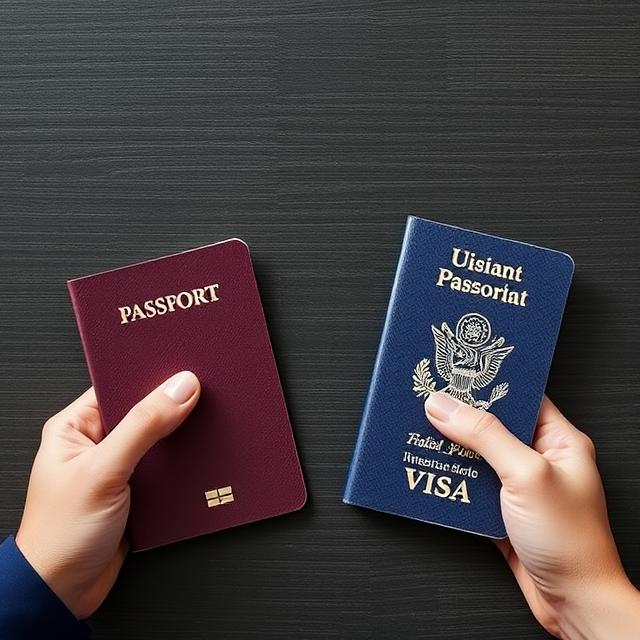Recruitment agencies play a significant role in the visa sponsorship process for both employers and job seekers, especially when the job requires hiring foreign nationals who need work permits or visas. They act as intermediaries, helping both parties navigate the often complex and time-consuming process of obtaining visa sponsorship. Here’s an in-depth look at the role recruitment agencies play in visa sponsorship:
1. Understanding the Visa Sponsorship Process
Recruitment agencies are well-versed in the visa sponsorship process and the immigration rules of various countries. They help employers understand the requirements and legal obligations involved in sponsoring foreign workers.
- Employer Guidance: Agencies guide employers through the visa sponsorship process by helping them understand what types of visas they can sponsor (e.g., H-1B, L-1, O-1 in the U.S., or work permits in Canada). They also provide advice on compliance with immigration laws and regulations.
- Sponsorship Eligibility: They ensure that employers are eligible to sponsor a foreign worker. This involves confirming that the employer is willing and able to submit required documentation (e.g., LMIA in Canada or Labor Condition Application in the U.S.).
2. Sourcing and Recruiting Qualified Candidates
Recruitment agencies specialize in sourcing highly skilled talent from around the world. They work to find candidates whose skills match the needs of employers looking to sponsor workers.
- Global Talent Pool: Recruitment agencies often have access to global talent pools, allowing them to identify skilled workers in industries like IT, healthcare, engineering, finance, and education who are in high demand in countries with skill shortages.
- Matching Candidates with Employers: They ensure that the candidates they present to employers are not only highly qualified but also meet the visa eligibility criteria. This can include verifying qualifications, experience, language proficiency, and any other criteria needed for the visa application.
3. Assisting Employers with Paperwork and Legal Procedures
One of the most significant challenges of visa sponsorship is dealing with the administrative and legal paperwork. Recruitment agencies assist employers in managing this workload.
- Documentation Preparation: Agencies help employers compile and submit the necessary paperwork for visa applications, such as job descriptions, salaries, education records, and proof of recruitment efforts (e.g., in the case of LMIA or labor certifications).
- Legal Assistance: Many recruitment agencies have partnerships with immigration lawyers or in-house legal teams who can provide advice or assistance in ensuring that visa applications comply with immigration laws.
4. Facilitating Communication Between Employer and Candidate
For both the employer and the candidate, recruitment agencies act as intermediaries, ensuring smooth communication throughout the visa sponsorship process.
- Managing Expectations: Agencies help set realistic expectations regarding the timeline and requirements for visa approval. They inform both the employer and the candidate of potential delays or complications in the process.
- Guiding Candidates: For candidates, agencies offer guidance on the visa application process, including document submission, interview preparation, and visa interview processes, helping candidates understand their role and responsibilities.
5. Providing Expertise and Support to Candidates
Recruitment agencies don’t just help employers; they also provide valuable support to candidates throughout the visa sponsorship process.
- Visa Application Assistance: Agencies often provide guidance to job candidates about what visa they need, how to gather supporting documents, and how to handle the application process. This is particularly useful for individuals who may be unfamiliar with the visa requirements of the country they are applying to.
- Visa Interview Preparation: Some recruitment agencies offer coaching or preparation for visa interviews, helping candidates answer questions related to their visa applications, work experience, and the job offer.
- Ongoing Support: Agencies may offer ongoing support after the visa is granted, including assistance with relocation, accommodation, and settling into the new country, which can be particularly helpful for international candidates.
6. Helping Candidates with Relocation and Settling In
In addition to facilitating visa sponsorship, many recruitment agencies offer relocation assistance to candidates moving to a new country for work. This might include:
- Visa Processing Assistance: Agencies ensure that candidates have all their documentation ready and assist in any follow-up needed with immigration authorities.
- Relocation Services: Some agencies also offer relocation packages, which can include help with finding accommodation, setting up bank accounts, and understanding local culture and laws.
- Integration Support: For international employees, recruitment agencies might help with language classes, professional networking, and other services to help them integrate into their new environment.
7. Negotiating with Employers on Behalf of Candidates
In cases where visa sponsorship is a significant part of the job offer, recruitment agencies often act as negotiators between the candidate and the employer.
- Salary and Benefits Negotiation: Agencies can help negotiate salary packages and benefits to account for the costs of visa sponsorship. This includes negotiating the employer’s contribution to visa application fees, legal costs, or relocation expenses.
- Contractual Terms: In some cases, recruitment agencies may help candidates negotiate contractual terms, such as agreeing to a minimum employment period with the company (to justify the employer’s investment in visa sponsorship).
8. Navigating Post-Visa Sponsorship Issues
After a worker is granted a visa and begins working in the new country, there may be additional issues that arise, such as visa renewals, changes in employment, or status adjustments.
- Renewal Assistance: Some agencies assist employers and employees with visa renewals or extensions, ensuring compliance with immigration laws and offering advice if circumstances change (e.g., if the employee transitions to permanent residency).
- Employment Transitions: If a foreign worker wants to change employers or roles within the company, recruitment agencies can help navigate visa implications and ensure that any changes remain compliant with immigration rules.
9. Specializing in High-Demand and Hard-to-Fill Roles
Recruitment agencies often specialize in industries or roles that have specific visa sponsorship needs, including:
- IT and Tech: Many tech companies rely on recruitment agencies to help them bring in highly skilled workers from abroad, as demand often exceeds the local talent pool.
- Healthcare: Countries with shortages of healthcare professionals may rely heavily on recruitment agencies to source and sponsor foreign doctors, nurses, and other healthcare workers.
- Engineering and Skilled Trades: Countries like Canada and Australia have strong immigration programs to attract skilled engineers and tradespeople. Recruitment agencies help employers find and sponsor these professionals.






